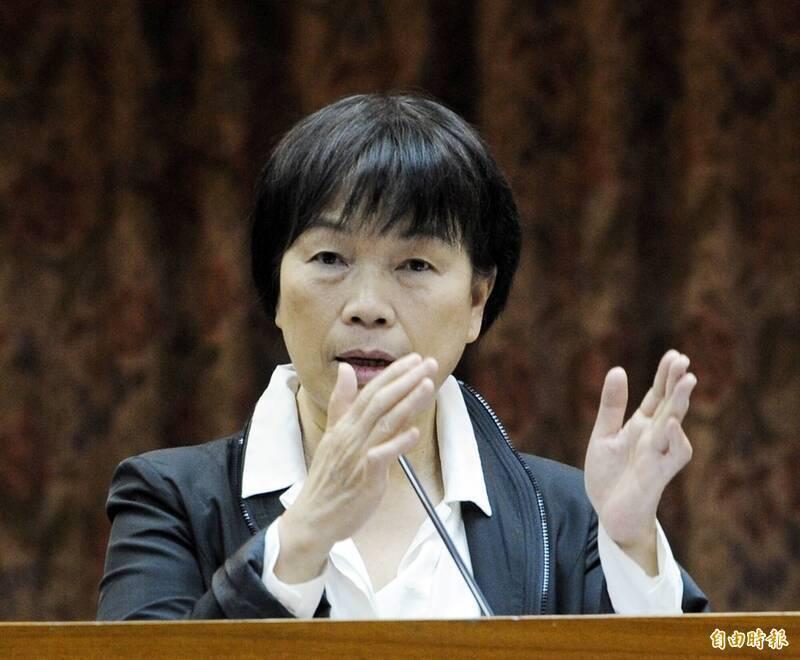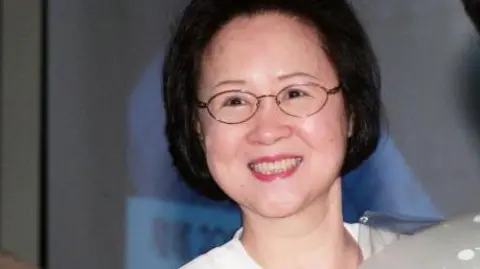MCLC Resource Center is pleased to announce publication of “Behind the Scenes with the White Peony: An Interview with Kenneth Pai Hsien-yung,” interviewed and translated by Ursula Friedman. Too long to post in its entirety, find a teaser below. For the full interview, go to its online home: https://u.osu.edu/mclc/online-series/friedman/.
Kirk Denton, MCLC
Interviewed and translated by Ursula Friedman
MCLC Resource Center Publication (Copyright January 2025)

Figure 1: Pai Hsien-yung. National Taiwan University, 2014. Photo by Yang Chenhao for Life Magazine.
[*Note: The interview was conducted in Santa Barbara on February 25, 2023. Passages in blue were originally spoken in Mandarin Chinese; those in black in English.]
Ursula Friedman (UF): You were isolated for five years as a child due to a contagious strain of tuberculosis. How did this period of isolation influence your creative writing and shape your personality?
Kenneth Pai (KP): My grandmother originally lived in the countryside in Guilin, Guangxi province. Later, my father invited her into our home, and I lived next door to her. She was very kind to me. We would cook special meals for her, like chicken soup, and she would share with me. We didn’t know that she had tuberculosis (TB). I caught it from her when I was seven or eight years old. Then, when the Japanese arrived, we fled to Chongqing, and I ran a mild fever every day. After an X-ray screening, they found that a large area on my left lung had been infected, leaving a gaping hole. Second-stage TB. I remember that after seeing the X-ray, my father’s face fell. He was very anxious. That was during the Sino-Japanese War, when many people caught the disease, and there was no special cure. Many people died of lung disease, it was almost a fatal diagnosis. I was very lucky, because our family could afford to drink milk and eat chicken, keep up good nutrition, and then I got calcium injections every day to calcify my lungs. I was quarantined for four, almost five years, until I was 14. Why? Because there were so many children in our family.
TB was a highly contagious disease at the time. So I lost my childhood years. I didn’t have a childhood. I saw children playing outside, but I was locked in a small room all by myself. I remember that little room in Chongqing. Chongqing is a mountainous place—have you ever been to the mainland? Chongqing has changed a lot recently. When I was in Chongqing, it was all muddy, yellow soil, but now it has been transformed into a modern city. We lived halfway up a mountain. And my little room, separated off from the others, was nestled on the foot of the mountain. I watched the activities down below from above—my brothers, my cousins—the children all playing down below. Anyway, I felt that I was deserted, abandoned. So I became very—I wasn’t like that before! My mother used to say that I was a very active child! I was even overbearing. Lung disease changed my entire being, and I became very sensitive. People were all afraid of approaching me, because I was sick, they were afraid of getting too close. My brothers and sisters all gave me a wide birth. Second, I became very sensitive to other people’s pain. Since I was sick myself, it was easy to understand the pain in other people’s hearts and develop empathy for them. . . [click here for full text]
 NEW PUBLICATION: Eyes of the Ocean, by Syaman Rapongan. Translated by Darryl Sterk
NEW PUBLICATION: Eyes of the Ocean, by Syaman Rapongan. Translated by Darryl Sterk









